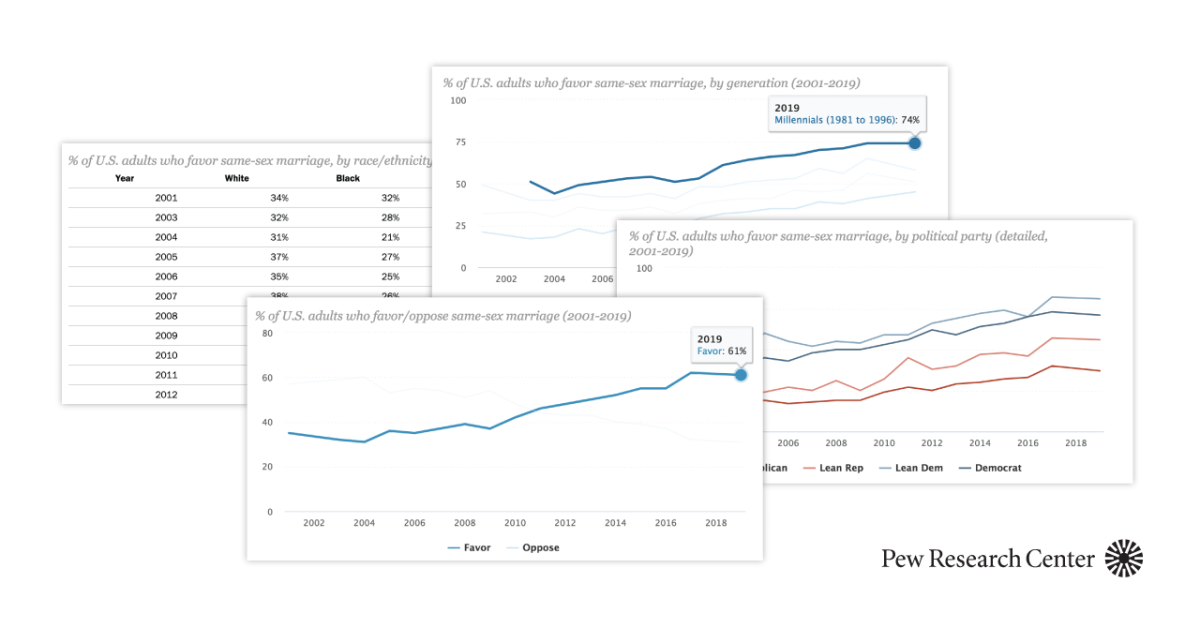Marjorie Holloman Parker, 89, who served as chairman of the University of the District of Columbia Board of Trustees and was an appointed member of the old, pre-home rule D.C. City Council, died of heart disease Jan. 16 at her home in Washington.
Dr. Parker, who for decades was a prominent educator and community leader, was a lifelong Republican. In 1972, President Richard M. Nixon appointed her to succeed another woman, Margaret A. Haywood, on the council.
A former Republican National Committee member, Dr. Parker acknowledged in 1981 that "the Republicans in Congress had a big impact in turning the District Democratic with the prejudiced way they treated the city." Later, in 1988, she praised President George H.W. Bush, saying, "He's been supportive of things I believe in -- education in particular."
Dr. Parker fought for improved public education beginning in 1939, when she was an elementary school teacher at Charles Young and the old James Monroe schools. Her 1973 proposal to turn the city's school board seats from elected ones back into appointed ones was widely condemned, but she argued that the schools needed "the expertise of people not generally chosen in a popular election."
In 1976, just before UDC was created from the District of Columbia Teachers College, Federal City College and the Washington Technical Institute, she was appointed by the mayor to its board of trustees. She fought for a downtown campus at Mount Vernon Square until Congress prevented its construction. When the university was forced to double its tuition in 1980 because of a city budget crisis, she sympathized with students and promised financial aid for those who needed it.
"You've got to remember that even though it is a 100 percent increase, $330 is still a very low tuition for a full undergraduate program," Dr. Parker said at the time.
She was born in Winton, N.C., the daughter of a well-known minister, the Rev. J. L.S. Holloman. The family moved to the District when she was a child, and she graduated from Dunbar High School in 1932 and Miner Teachers College in 1936. She subsequently received a master's degree in 1941 and a doctoral degree in 1951, both from the University of Chicago, in history and philosophy of education.
In 1939, she married Barrington D. Parker Sr., a lawyer who was later appointed to the U.S. District Court for the District of Columbia. He died in 1993.
Dr. Parker taught elementary school in the District from 1939 to 1949. She joined the faculty of Miner Teachers College in 1949 and taught there for 10 years before becoming director of student teaching at Bowie State University. In 1965, she returned to the renamed Miner, then called the District of Columbia Teachers College, as a professor of history and philosophy of education. She retired in 1974.
Dr. Parker was national president of her college sorority, Alpha Kappa Alpha, the nation's oldest black sorority, from 1958 to 1962 and wrote a three-volume history of the organization. She was a past director of Washington's Industrial Bank when it was the only bank in Washington owned by African Americans. She was the historian for the National Chapter of the LINKS Inc., chairman of the Hospital for Sick Children and a member and trustee of Second Baptist Church.
The Capital Press Club honored her in 1983 for her lifetime of public service. She was inducted into the D.C. Women's Hall of Fame in 1994. Her 85th birthday was celebrated at Howard University's Blackburn Center.
"I suppose that during the '60s, I would have been a conservative," she told a Washington Post reporter in 1980. "I felt that the NAACP and the Urban League and the traditional civil rights movements were adequately and effectively handling the problems. I think that youth and excitement and impatience and whatnot are sometimes very necessary and invaluable. But in the long run, I think the real gains come from litigation and legislation."














 in the US have always had a more left leaning tradition than the rest of the country, most of the highly respected mid-century civil rights leaders were invested in organized labor and some even sympathetic to Socialism. That's why the difference matters, sure one party is DOA, but when it comes to the democratic party, Black voters have always been instrumental in pushing the party left. Speaking to your links, neoliberalism is the cause for tensions surrounding immigration and charter schools, abortion and gay marriage double as religious issues, your argument doesn't cut it, most Black Americans are not conservative.
in the US have always had a more left leaning tradition than the rest of the country, most of the highly respected mid-century civil rights leaders were invested in organized labor and some even sympathetic to Socialism. That's why the difference matters, sure one party is DOA, but when it comes to the democratic party, Black voters have always been instrumental in pushing the party left. Speaking to your links, neoliberalism is the cause for tensions surrounding immigration and charter schools, abortion and gay marriage double as religious issues, your argument doesn't cut it, most Black Americans are not conservative.


 Because I really don’t care about the distinctions.
Because I really don’t care about the distinctions.